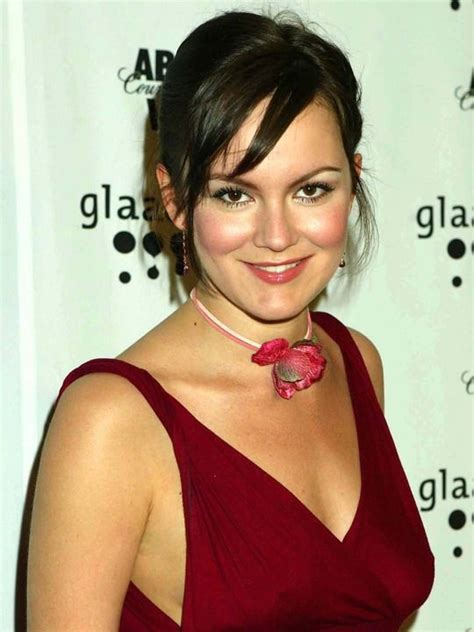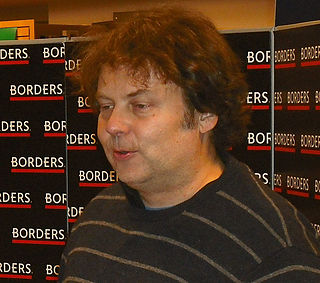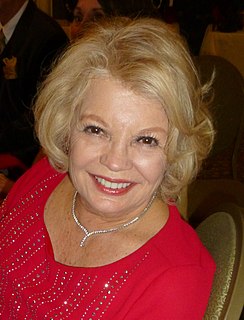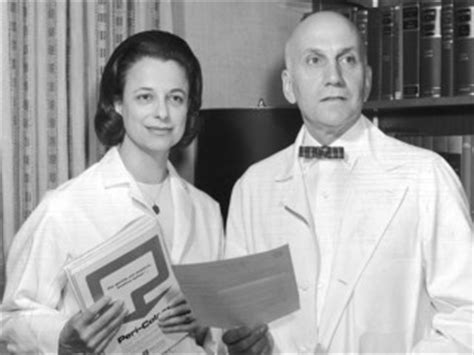A Quote by Virginia Woolf
For it would seem - her case proved it - that we write, not with the fingers, but with the whole person. The nerve which controls the pen winds itself about every fibre of our being, threads the heart, pierces the liver.
Related Quotes
In those days, we imagined ourselves as being kept in some kind of holding pen, waiting to be released into our lives. And when the moment came, our lives -- and time itself -- would speed up. How were we to know that our lives had in any case begun, that some advantage had already been gained, some damage already inflicted? Also, that our release would only be into a larger holding pen, whose boundaries would be at first undiscernible.
When we think about living donor transplant, what we're banking on is the ability of the liver to regenerate itself. Now, it's not the same sort of regeneration we think about with the starfish where we cut off the arm and it grows a new arm. With the liver, what happens is the remaining liver gets bigger, and your body knows the size of the liver that it needs, and when it recognizes that there is not enough liver, it sends nutrients and signals to the liver and says "get bigger."
LIVER, n. A large red organ thoughtfully provided by nature to be bilious with. The sentiments and emotions which every literary anatomist now knows to haunt the heart were anciently believed to infest the liver; and even Gascoygne, speaking of the emotional side of human nature, calls it "our hepaticall parte." It was at one time considered the seat of life; hence its name- liver, the thing we live with.
A woman's whole life is a history of the affections. The heart is her world: it is there her ambition strives for empire; it is there her avarice seeks for hidden treasures. She sends forth
her sympathies on adventure; she embarks her whole soul on the traffic of affection; and if shipwrecked, her case is hopeless — for it is a bankruptcy of the heart.
The State which would provide everything, absorbing everything into itself, would ultimately become a mere bureaucracy incapable of guaranteeing the very thing which the suffering person—every person—needs: namely, loving personal concern. We do not need a State which regulates and controls everything, but a State which, in accordance with the principle of subsidiarity, generously acknowledges and supports initiatives arising from the different social forces and combines spontaneity with closeness to those in need. The Church is one of those living forces.
What we have to understand that we have to believe into things which can be proved. Now the time has come that Divine itself has to be proved. That God Almighty has to be proved. That Christ as a son of God has to be proved, that His birth as immaculate conception has to be proved. Not by argument, not by reasoning, nor by blind faith but by actualization on your central nervous system.
I think our lives are connected by threads. We're weaving our own quilts as we go along and it has been my experience that there are so many threads that connect people. Invisible threads, strong threads, sparkling threads, but I think there is so much interconnectivity between people and I acknowledge that and I see it all the time. I think some of that is divine.
I don't know if anyone has noticed but I only ever write about one thing: being alone. The fear of being alone, the desire to not be alone, the attempts we make to find our person, to keep our person, to convince our person to not leave us alone, the joy of being with our person and thus no longer alone, the devastation of being left alone. The need to hear the words: You are not alone.
Liberty is a harsh mistress. You cannot pick and choose what you like and dislike about her. Liberty will not change her principles for you, no matter how much you claim to love her. She will stand fast in her demands for total acceptance. If you can't receive her, she will recognize you as a false lover and leave you. And when you hear that door slam, it will take every tear in your eye, every ounce of blood in your veins, and all the nerve in your heart to win her back.
I remember reading about a court case where a man tried to stab a judge with a pencil. There are Google pages full of similar instances around the world. It's obvious that the pencil lends itself to precisely that kind of use. It's not as lacking in dominance as you might think. I have an article on the fallacy of the designer intent because a lot of designers think they can design uses into technology. You can't do that. I use the pen, I make the mark, but the pen is also using me. The pen could be said to be allowing these kinds of marks. I can't do just anything with the pen.



































